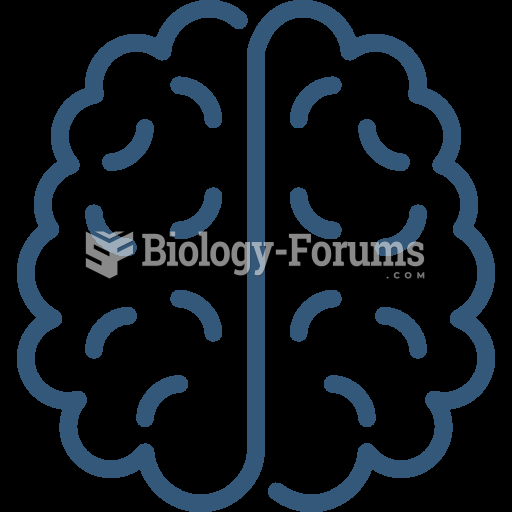|
|
|
Common abbreviations that cause medication errors include U (unit), mg (milligram), QD (every day), SC (subcutaneous), TIW (three times per week), D/C (discharge or discontinue), HS (at bedtime or "hours of sleep"), cc (cubic centimeters), and AU (each ear).
Liver spots have nothing whatsoever to do with the liver. They are a type of freckles commonly seen in older adults who have been out in the sun without sufficient sunscreen.
When blood is deoxygenated and flowing back to the heart through the veins, it is dark reddish-blue in color. Blood in the arteries that is oxygenated and flowing out to the body is bright red. Whereas arterial blood comes out in spurts, venous blood flows.
The average human gut is home to perhaps 500 to 1,000 different species of bacteria.
Symptoms of kidney problems include a loss of appetite, back pain (which may be sudden and intense), chills, abdominal pain, fluid retention, nausea, the urge to urinate, vomiting, and fever.
 Cataract. When the pupil is dilated, an abnormal opacity or whiteness of the lens can be observed in
Cataract. When the pupil is dilated, an abnormal opacity or whiteness of the lens can be observed in
 William Masters and Virginia Johnson are among the most influential researchers in the history of th
William Masters and Virginia Johnson are among the most influential researchers in the history of th





